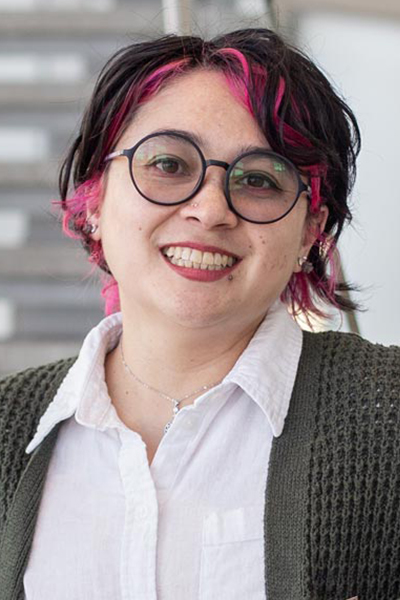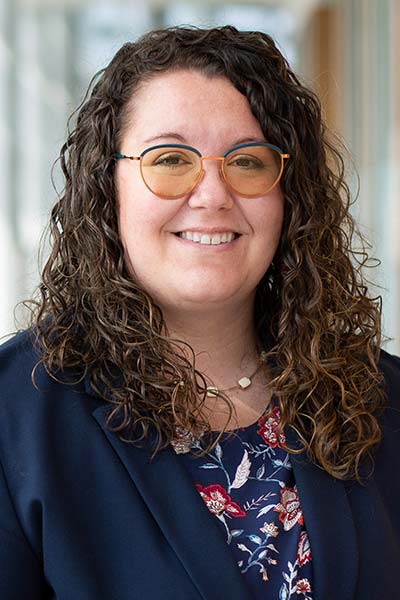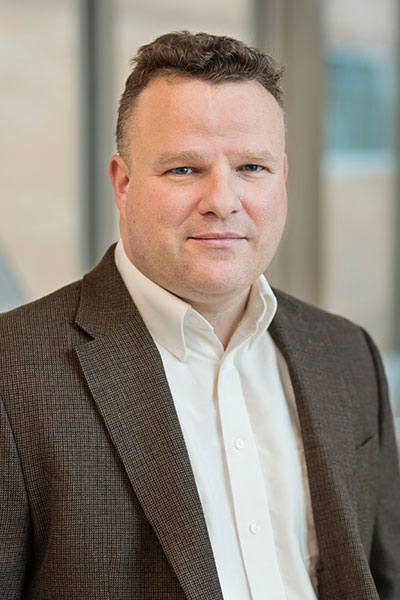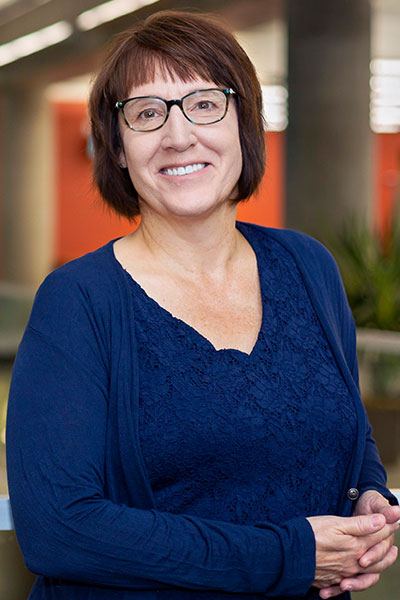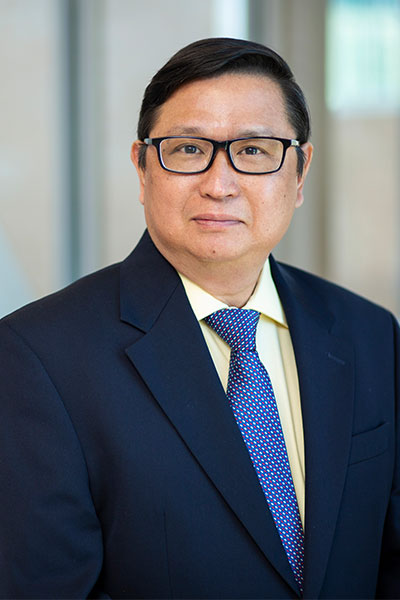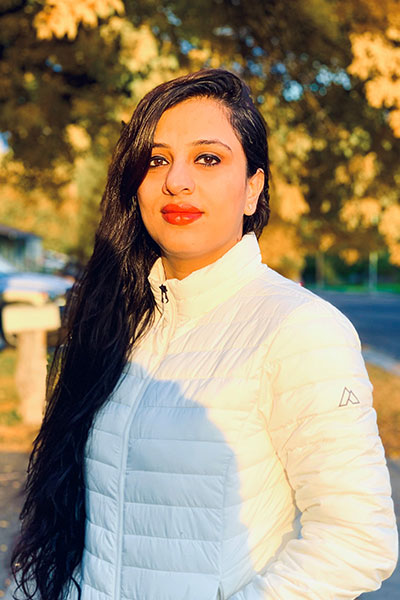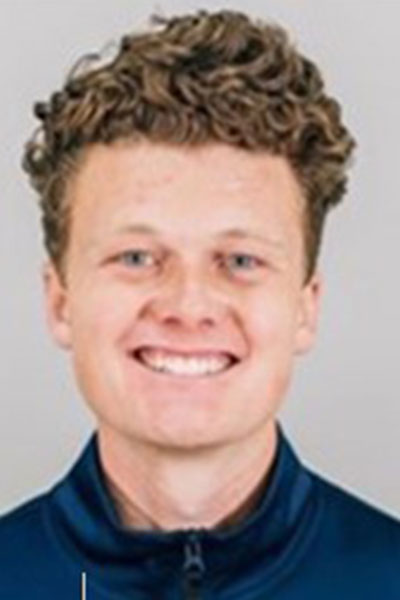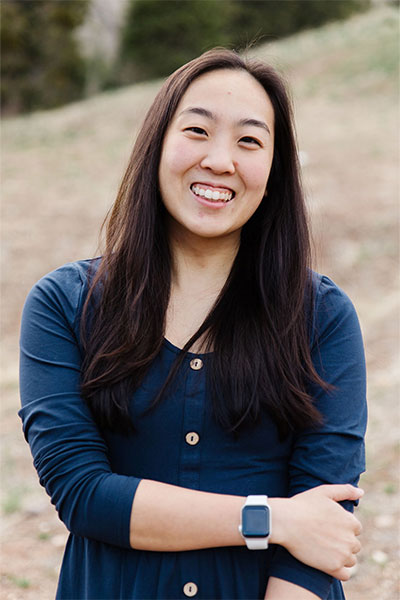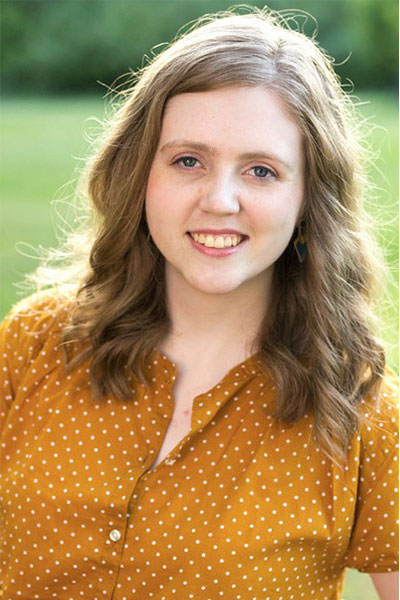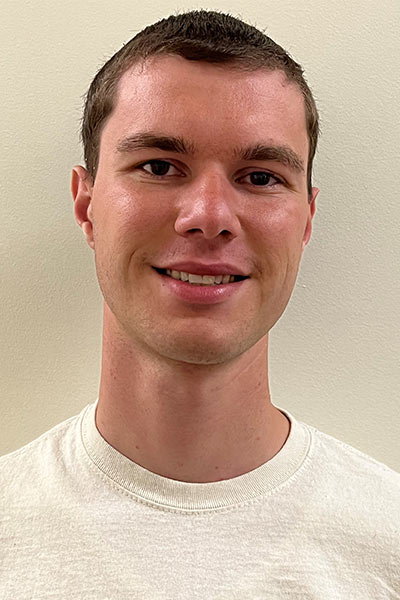2022 REU Students
(May 16 – July 22, 2022)
Student Participants

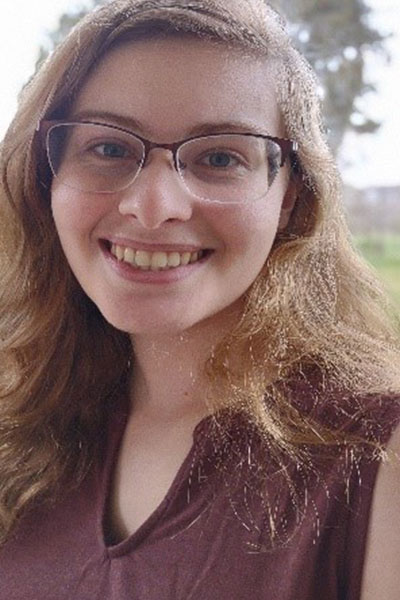

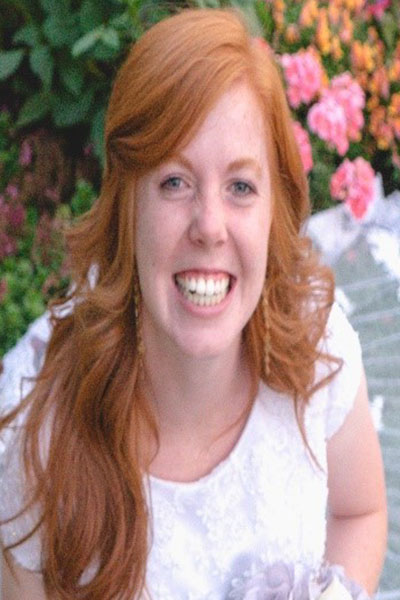
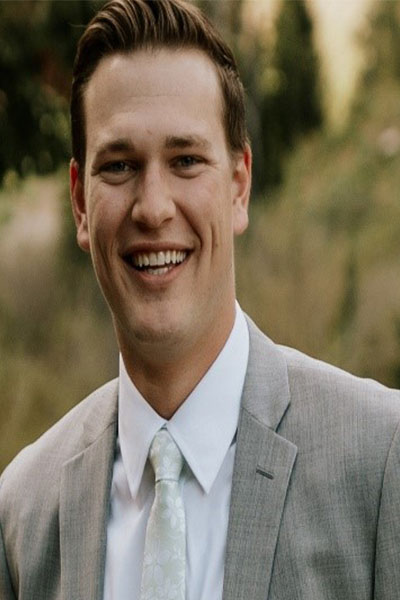
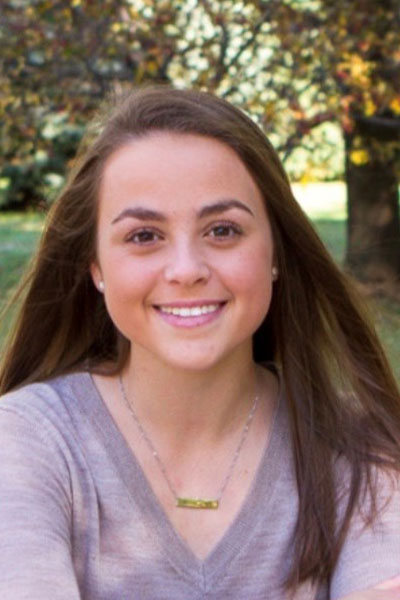
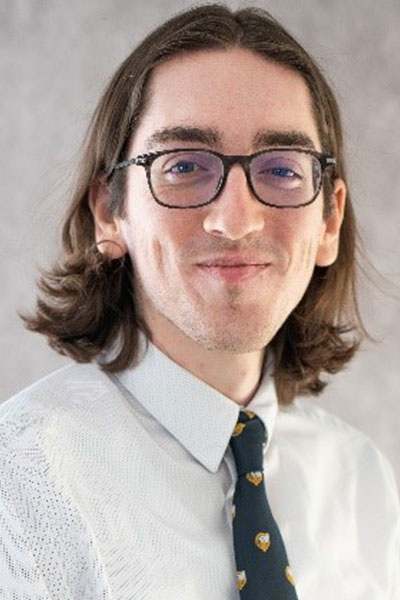
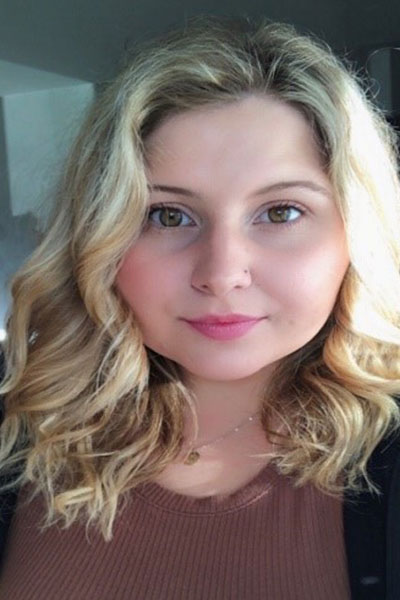
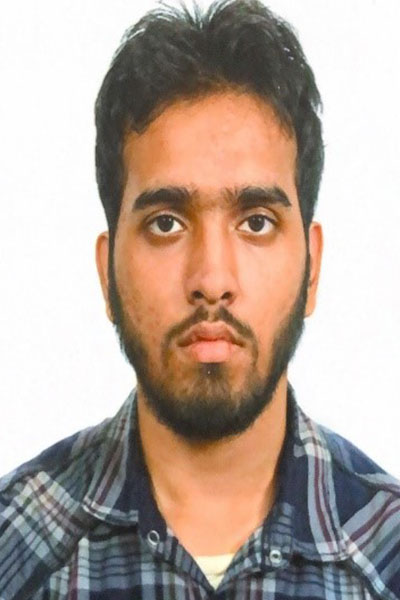
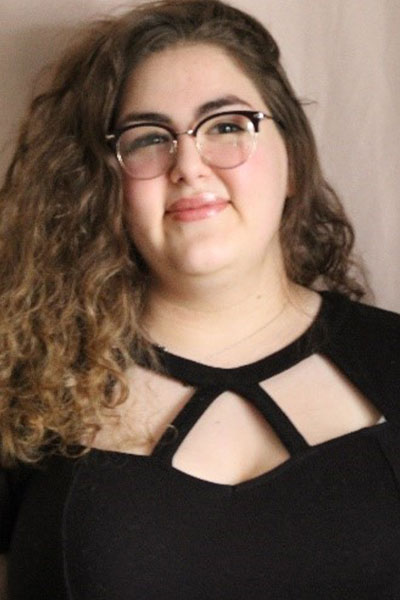
Students' Origin
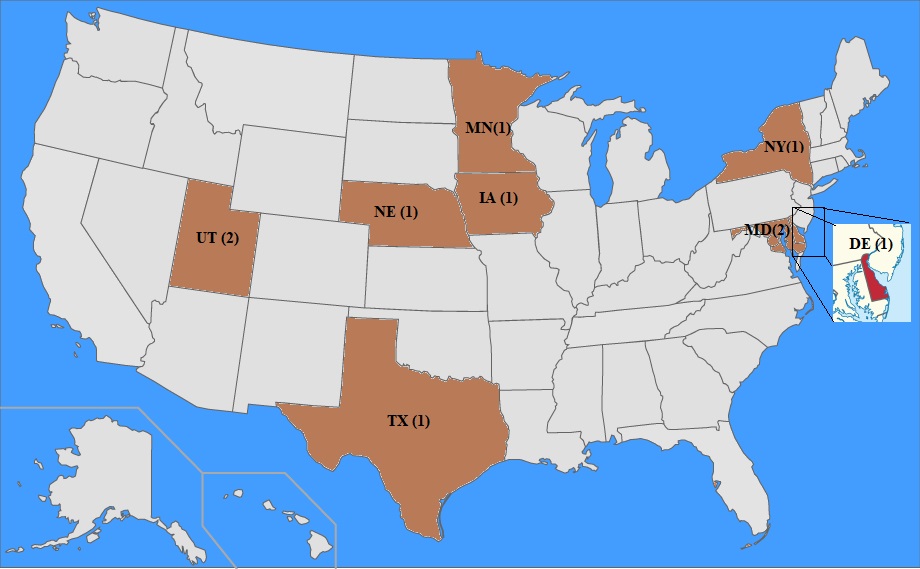
Faculty Research Mentors
Graduate Research Mentors
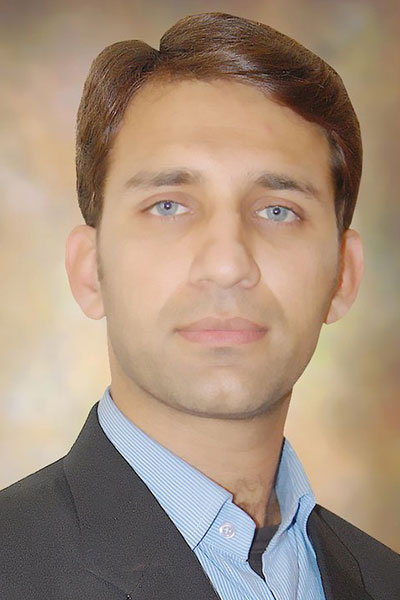
Assad Iqbal
Graduate Research Mentor
Research Projects

Project # 1: Social Media Analysis of Neurodivergent TikTok
The purpose of this research project is to conduct a social media analysis of neurodivergence content on TikTok (#neurodiversity #neurodivergent #neurodivergence). Neurodivergence celebrates the intellectual and neurological differences from “typical” human functioning and reframes such differences as diversity as opposed to deficit. In engineering, the strengths of neurodivergent people are often desired in engineering such as creativity, unique spatial thinking, and attention to detail. However, neurodivergent students tend to drop out of college at higher rates than their neurotypical peers due to trouble with transitioning into adulthood, an increase in severity of challenges, and stigma against asking for help. Further, many neurodivergent students may not be diagnosed due to the limited access to diagnoses especially for those in marginalized groups (e.g., women, people of color, low SES). As such, a new perspective is needed to recognize and characterize neurodivergence. Through social media analysis of neurodivergent TikTok, we can determine common themes of being neurodivergent to inform psychometric instrument development.
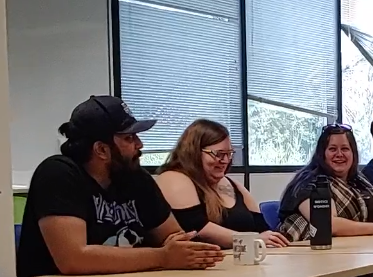
Project #2: Understanding the Impact of Expanding Statics Problems towards Environmental and Biological Engineering Applications
Sociocultural characteristics consider the social and cultural factors that influence the systems and structures that shape our society. In engineering education, several researchers have identified sociocultural characteristics that influence how students experience and navigate their undergraduate programs to become engineers. These characteristics can also significantly influence how students make meaning of their grades in their undergraduate programs, which serve as indicators of engineering development. In this study, we will explore these cultural phenomena at a deeper level. REU participants will conduct and qualitatively analyze a series of interviews with undergraduate engineering students to understand how they make meaning of grades and how these perceptions impact their professional identity formation and mental health in engineering.

Project #3: Expanding the role of the TMCT instrument
Spatial ability is a measure of one's ability to perform spatial tasks in their mind. These tasks may include mentally rotating an object, proportioning out a resultant vector for magnitude and direction, or finding one's way around a crowded city block. We measure spatial ability with a variety of instruments that are designed to specifically test one construct of spatial thinking. This work intends to develop an understanding of participants' spatial ability to use tactile interpretation to identify a section of a simple 3D shape. It will be tested on students in a non-sighted fashion and results will both benchmark students' spatial ability through tactile means as well as transition a tactile spatial ability test to a new population to validate the instrument. REU participants will take the TMCT spatial ability test and help analyze data collected with the instrument through the spring 2022 semester. Additionally, REU participants will help analyze qualitative data collected with the instrument to determine spatial strategies.
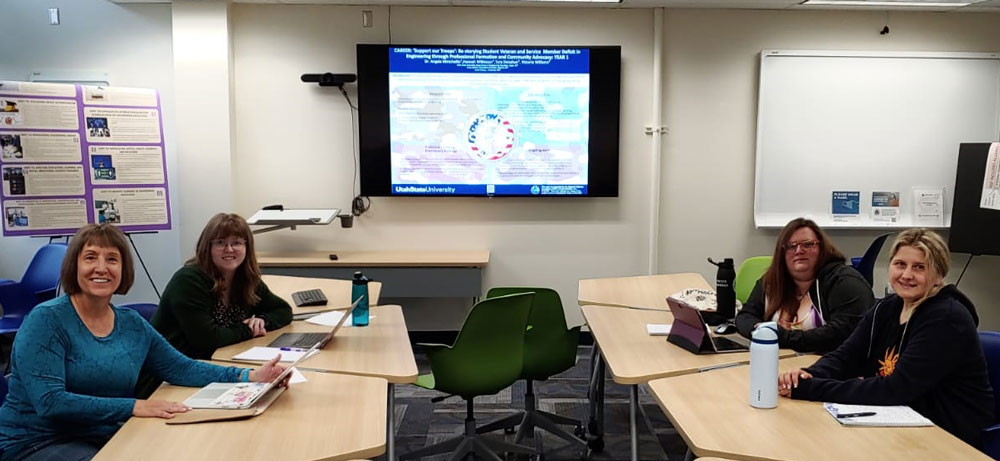
Project #4: Advancing Opportunities For Military Veterans in Engineering Education
The need to design increasingly innovative solutions to interdisciplinary, global-societal problems necessitates an engineering workforce that is broadly diverse in experience and thought. To increase diversity in engineering, undergraduate students who are veterans of the U.S. Armed Forces are being recognized for their untapped engineering potential. Veteran students represent all gender, racial, ethnic, ability, and socio-economically diverse groups in society and have wide ranging experiences using and maintaining advanced technology while serving in the military. In this project, we focus on increasing our understanding of how veteran undergraduate students transition into and experience engineering education to improve their access to and retention in engineering degree programs. As a project team, we will collaboratively and concurrently analyze qualitative data generated from two sources. First, we will analyze data from interviews conducted with institutional agents about their experiences supporting veteran undergraduates to understand how university policies, procedures, and culture affects veteran experience in engineering. Second, we will analyze narrative journal entries written by veteran undergraduates themselves about their personal experiences as engineering students. Based on these analyses, we will develop new protocols to interview veteran engineering undergraduates to further and more deeply explore their stories of experience in engineering.
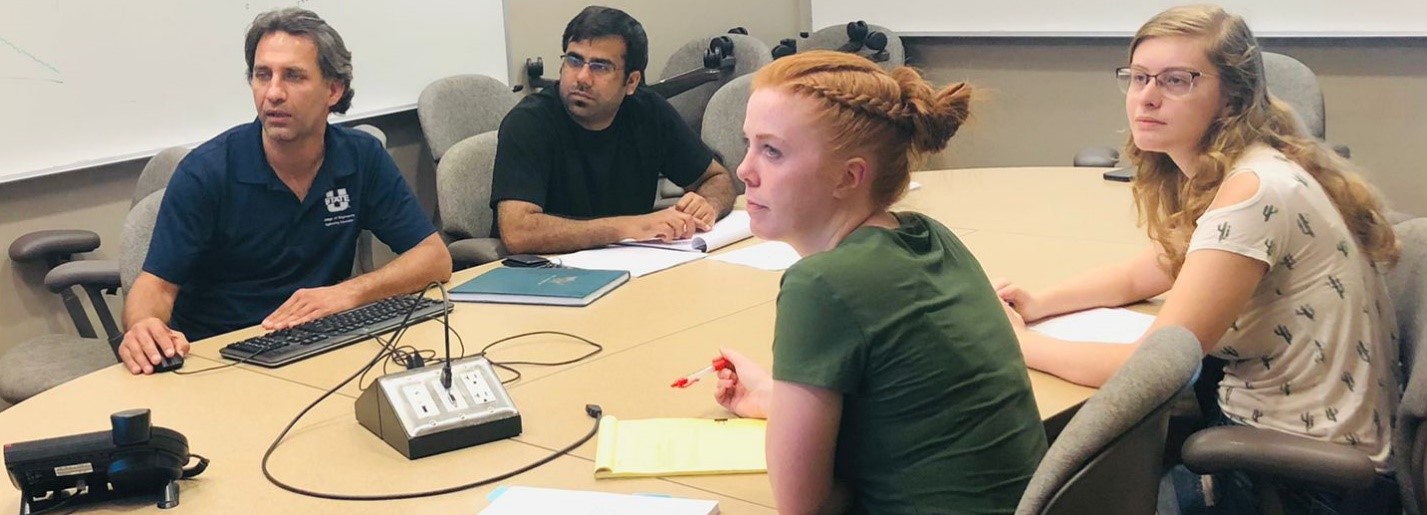
Project # 5: Understanding Students’ Metacognitive Knowledge about Task and Self-Regulation in Engineering and Mathematics Problem-Solving
College students are expected to be skillful at synthesizing and applying information across multiple knowledge domains to generate optimal solutions to various types of problems. Research shows that many STEM students however graduate with discernible gaps in their problem-solving skills. These gaps can be partly attributed to challenges in specific cognitive processing and motivational regulation that students face during problem solving activities. To be effective problem-solvers, students must understand the relationship between task characteristics (Metacognitive Knowledge about Task or MKT) and associated processing demands, and maintain positive motivation throughout problem-solving activities. This project is part of a larger sequential mixed-method research study which aims at understanding students’ self-regulation of motivation and cognition during engineering and mathematics problem-solving activities. MKT data from 20 participants has been collected using semi-structured interview protocol developed and pilot tested by the researchers. This sub-project will inductively and theoretically analyze the qualitative interview data to assess and understand students’ initial MKT in relation to their Self-Regulation.
Testimonies

Candice Dawn Hamilton (Stephen F Austin State University)
“I learned how to synthesize and organize information for a literature review. I learned how to collect data from participants using a testing instrument. I learned how to write a conference paper.”

Sophia Miller Waxman (University of Delaware)
“I learned how to construct a research question, code quantitative data, and write a literary review.”

Victoria Lieurey Williams (Hood College)
“I had planned to do a graduate degree because as a teacher you need to. REU gave me a great foundation to start with.”

Michele Irene Wright (Utah State University)
“….I enjoyed the topic of the project I was on and learning about it.”

Jackson Clyde Smith (Utah State University)
“….I had a great time working with my team and I learned a lot my engineering identity and how research is conducted. I think phase two could have been a little longer, but overall the program was great.”

Emily Stratman (University of Nebraska- Lincoln)
“Learning about the different types of research changed my perceptions on research a bit. It was interesting to learn about how many different ways there are to collect and analyze data all depending on the purpose of your research study.”

Brady Edward Webster (Minnesota State University, Mankato)
“The three most important areas of learning from the REU experience were my ability to critically examine existing research, my confidence in my ability to conduct research, my understanding of research paradigms and frameworks, and how to critique and use them. I had never looked at existing research in such a critical manner.”

Tara Kathleen Donahue (CUNY Queens College)
“…I am so glad I took advantage of this opportunity. The educational experience really just made me excited for my future career and makes me feel more sure of myself about my future career choices. I also met people at this REU that I'll never forget and got to explore a state I would've maybe never visited previously.”

Ilham Kabir (Prince George’s Community College)
“Strongly agreed with The graduate student research mentor(s) were helpful in facilitating my research experience”

Sarah Rose Principato (Drake University)
“I learned that I enjoy research, that I prefer qualitative to quantitative, how iterative research is as a process.”


